By: Syed Shayan
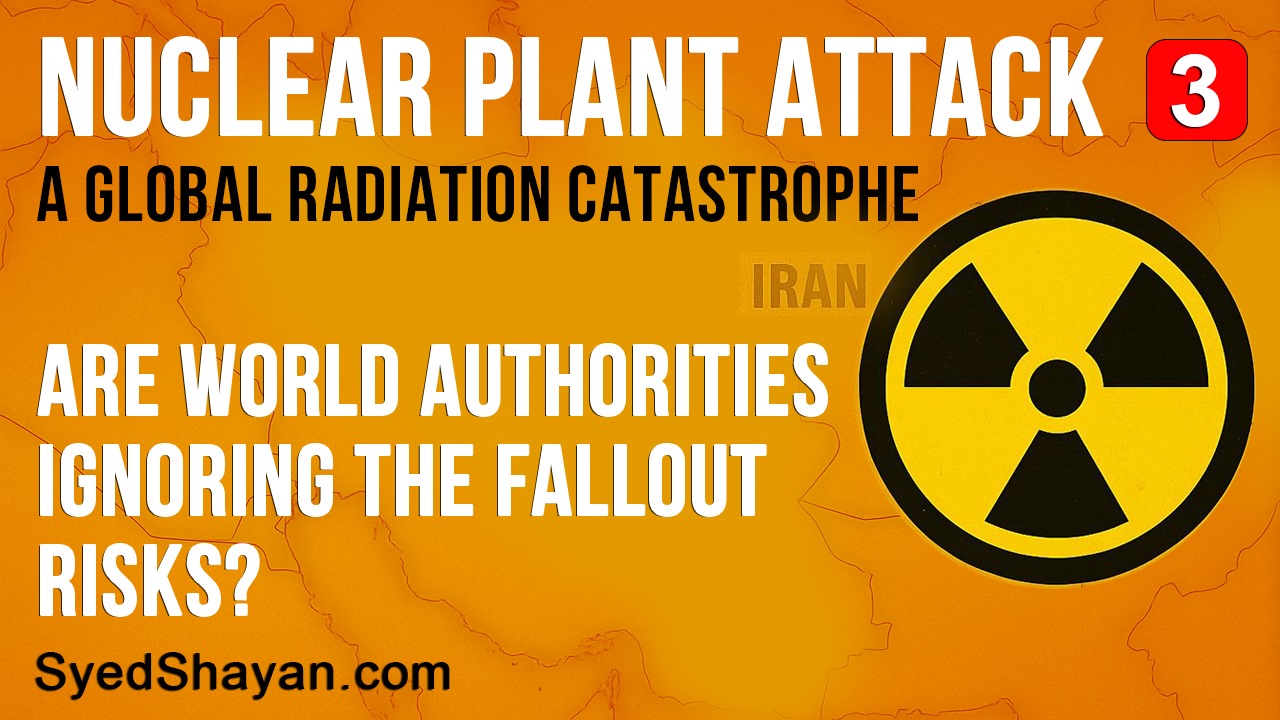
English Version Stats: 0 min 52 sec total reading time by 8 readers
[Urdu version metrics tracked separately]
Imagine the devastating fallout if a nuclear reactor were targeted:
The radiation released could rival the destructive force of an atomic bomb. Such an event doesn’t just threaten the present it alters human DNA, with consequences echoing through generations. Yet, if the United Nations cannot designate nuclear facilities as “No Attack Zones,” one must question the relevance of such an institution in today’s world. In our previous discussions, we explored the fundamentals of nuclear physics and the hazards of radiation. Now, in this final installment, we delve into why international laws and bodies have failed to classify attacks on nuclear installations as a crime and what can be done to change this.
To date, neither the United Nations, the International Atomic Energy Agency (IAEA), nor the International Court of Justice has officially labeled attacks on nuclear sites as a specific international offense. These incidents are neither recognized as war crimes nor categorized under environmental violations, leaving a glaring legal gap.
While some nations and global organizations have pushed for legislation, Iran has been a prominent advocate. In 1981, when Israel struck Iraq’s Osirak reactor, Iran itself a defender of its nuclear program framed the attack as a dangerous precedent. Repeatedly, Iran has urged the UN and IAEA to establish nuclear sites as protected zones and classify attacks on them as international crimes, especially given threats from Israel and the United States against its own facilities. Pakistan has also been vocal on this issue. In the 1990s, during IAEA General Conferences and UN sessions, Pakistan argued that an assault on a nuclear site is an attack not just on a single nation but on humanity itself. In 1994 and 2006, its representatives emphasized that safeguarding these facilities is a global responsibility, advocating for their protection to be enshrined in international law a stance shaped by rising nuclear tensions in South Asia following both neighboring countries’ emergence as nuclear powers.
The NonAligned Movement (NAM), comprising over 120 member states, has similarly sought to elevate this issue on the global agenda. Through joint declarations, NAM has condemned attacks on peaceful nuclear programs, asserting they violate international law and should be criminalized. The group has called on the IAEA to draft a binding agreement that not only proposes penalties but also empowers the UN to intervene swiftly in such cases. Regrettably, these efforts have been stymied by major powers. The United States, Israel, and certain European nations have consistently argued that preemptive strikes are justified if a country’s nuclear activities threaten global security. This stance gained traction after Israel’s 1981 Osirak attack, which it defended as a selfpreservation measure, despite UN Security Council Resolution 487 condemning the action. This perspective has been the primary obstacle to recognizing such attacks as international crimes.
The urgency of this issue was starkly highlighted on June 22, 2025, following a US strike on Iran. The global community must act decisively. First, a new protocol should be added to the UN Charter or Geneva Conventions, classifying attacks on nuclear facilities as war crimes. Second, the IAEA’s mandate should be expanded to oversee enforceable safeguards. Third, the destruction of nuclear sites should fall under the International Court of Justice’s jurisdiction as an environmental offense. These measures would address the legal vacuum, bolstering global peace and environmental protection. Despite the catastrophic potential of such attacks, international law has failed to deter them, posing an ongoing threat to human life and the planet. The world must prioritize robust legislation to protect nuclear installations otherwise, these sites will remain vulnerable to destruction in the near future.
4


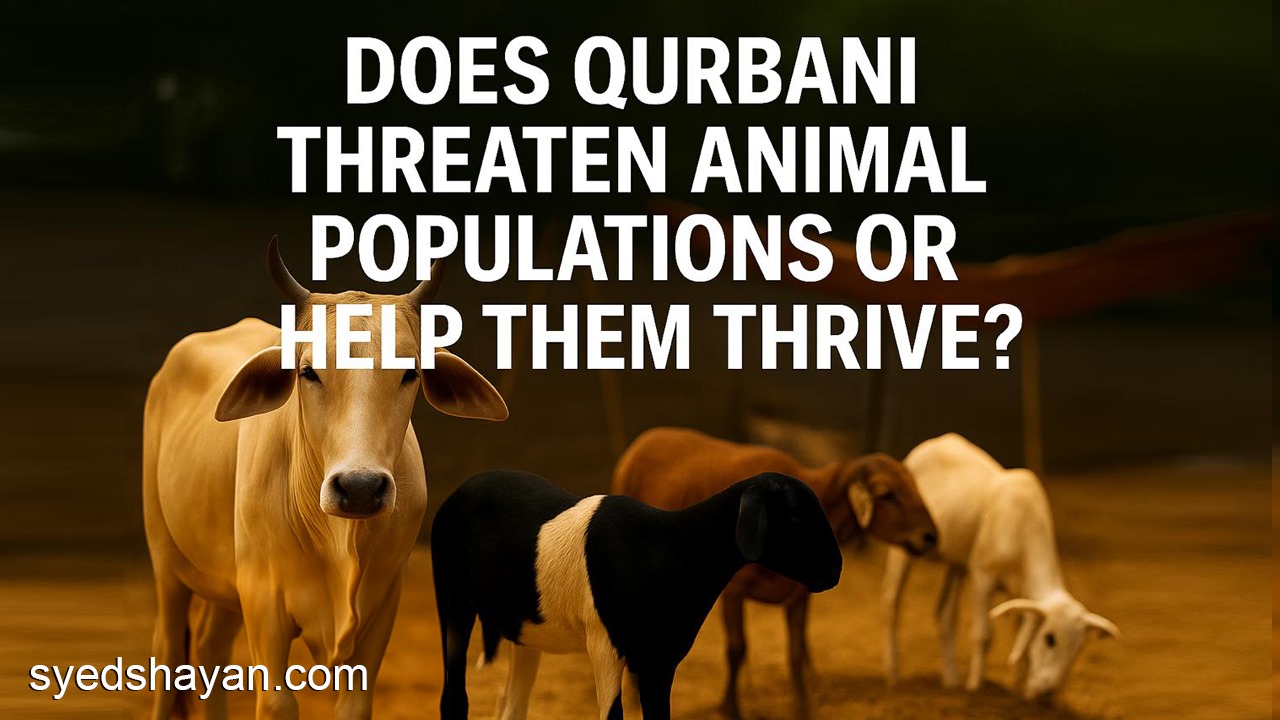
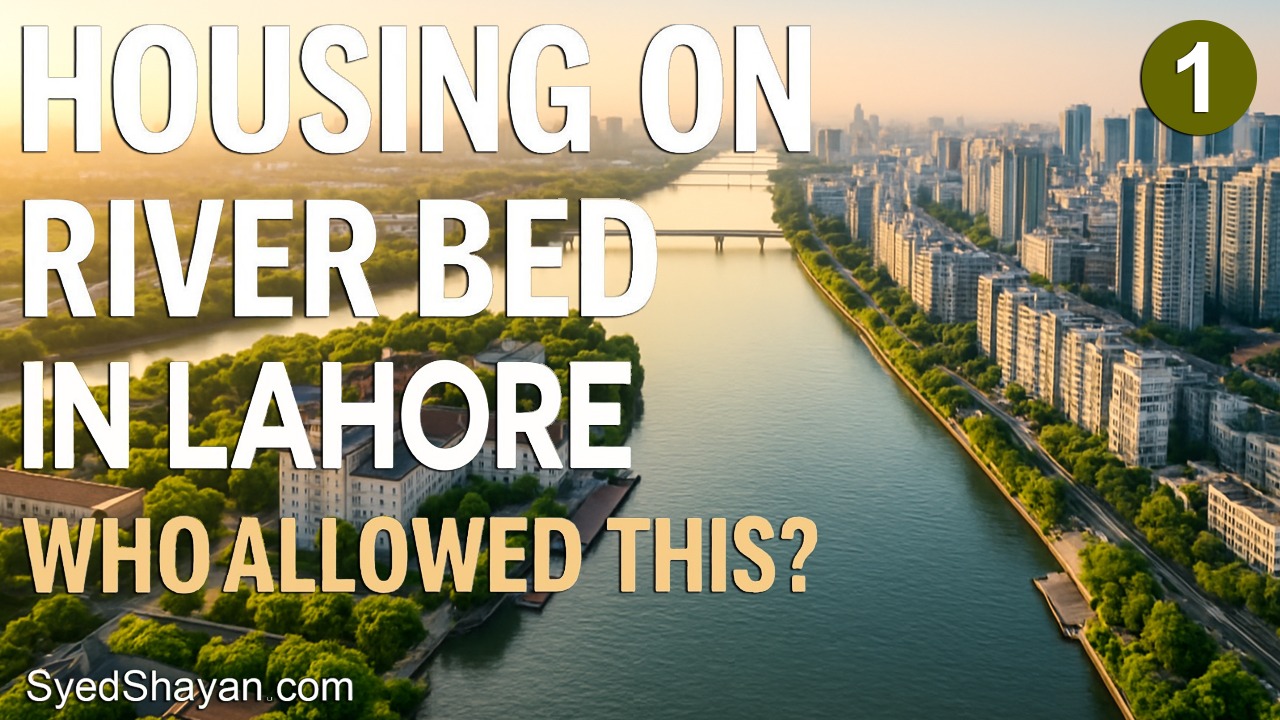


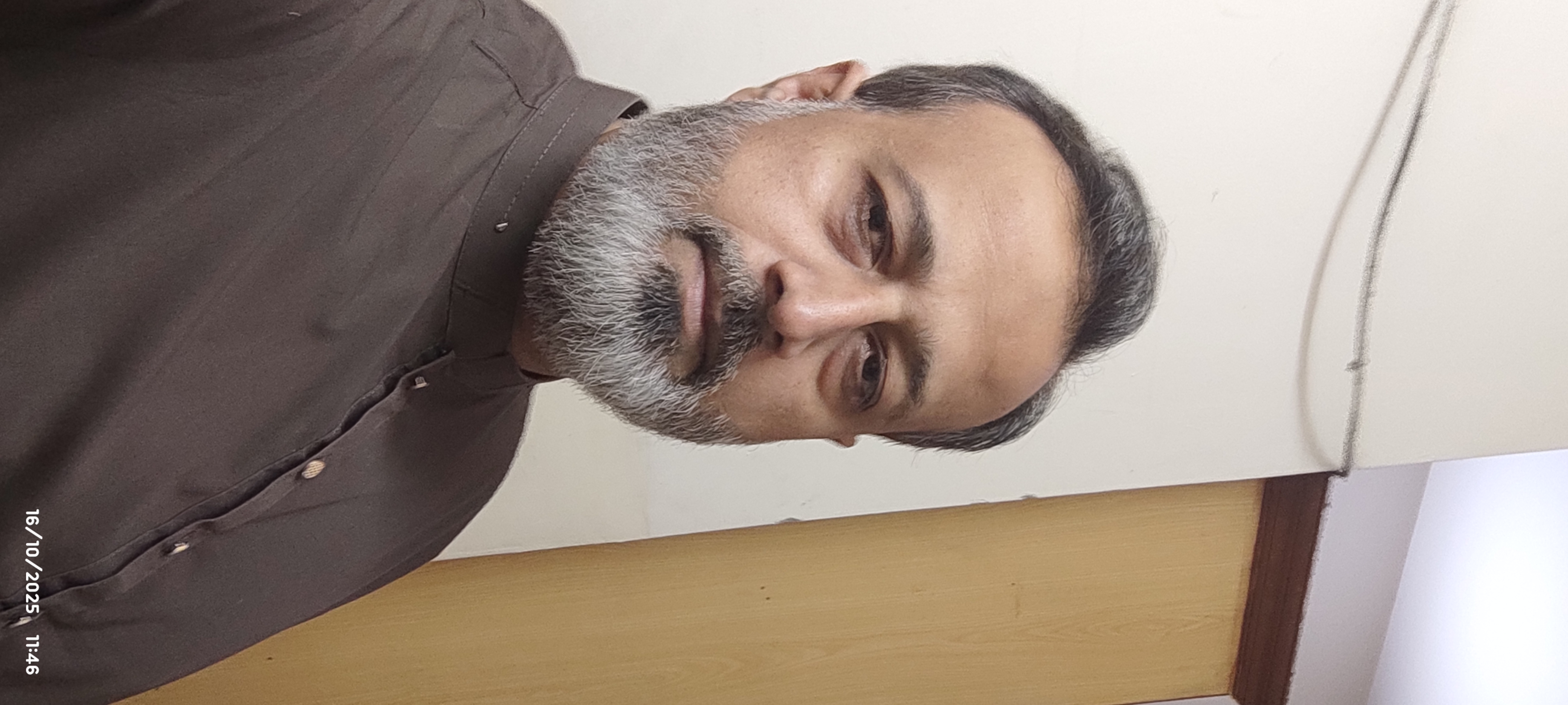




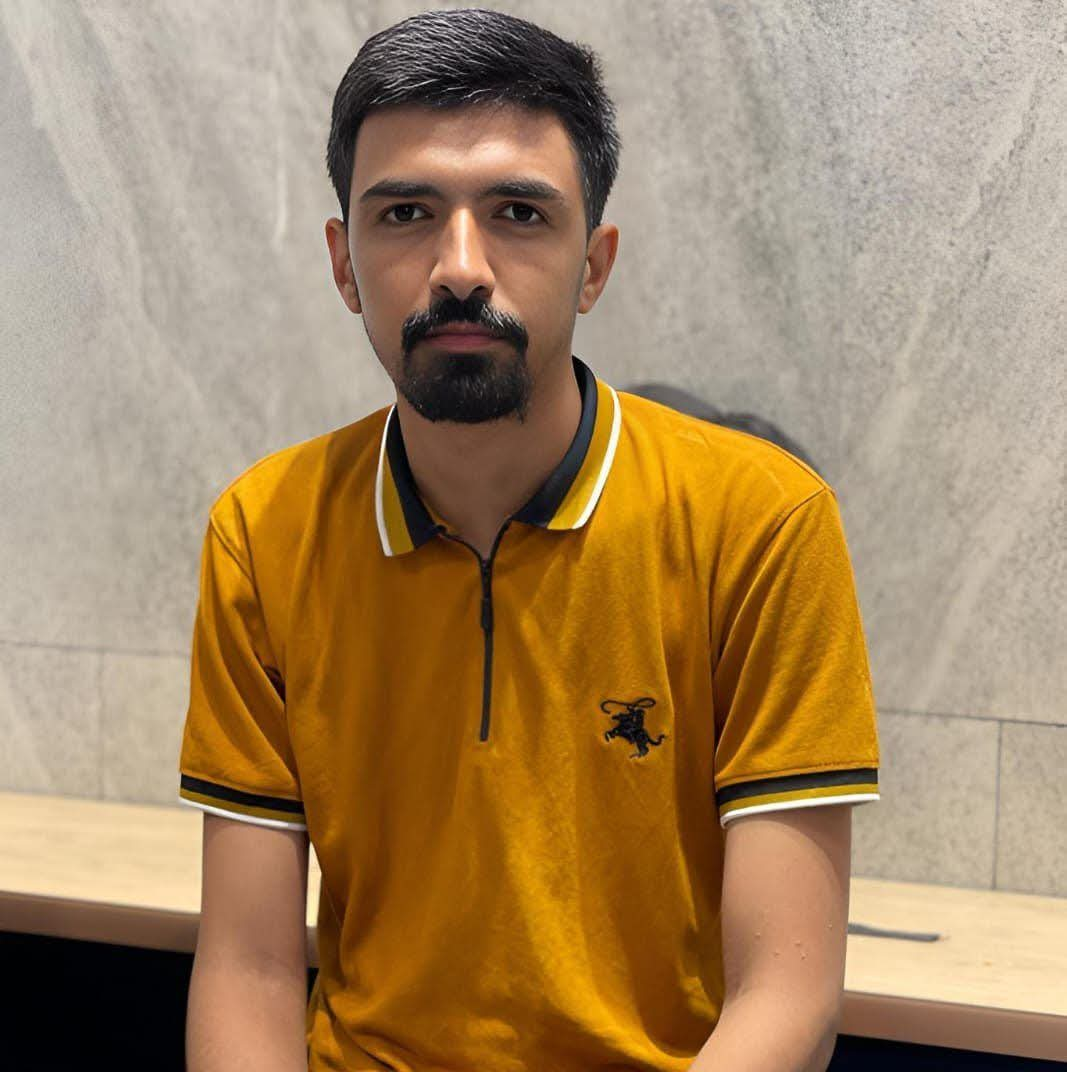


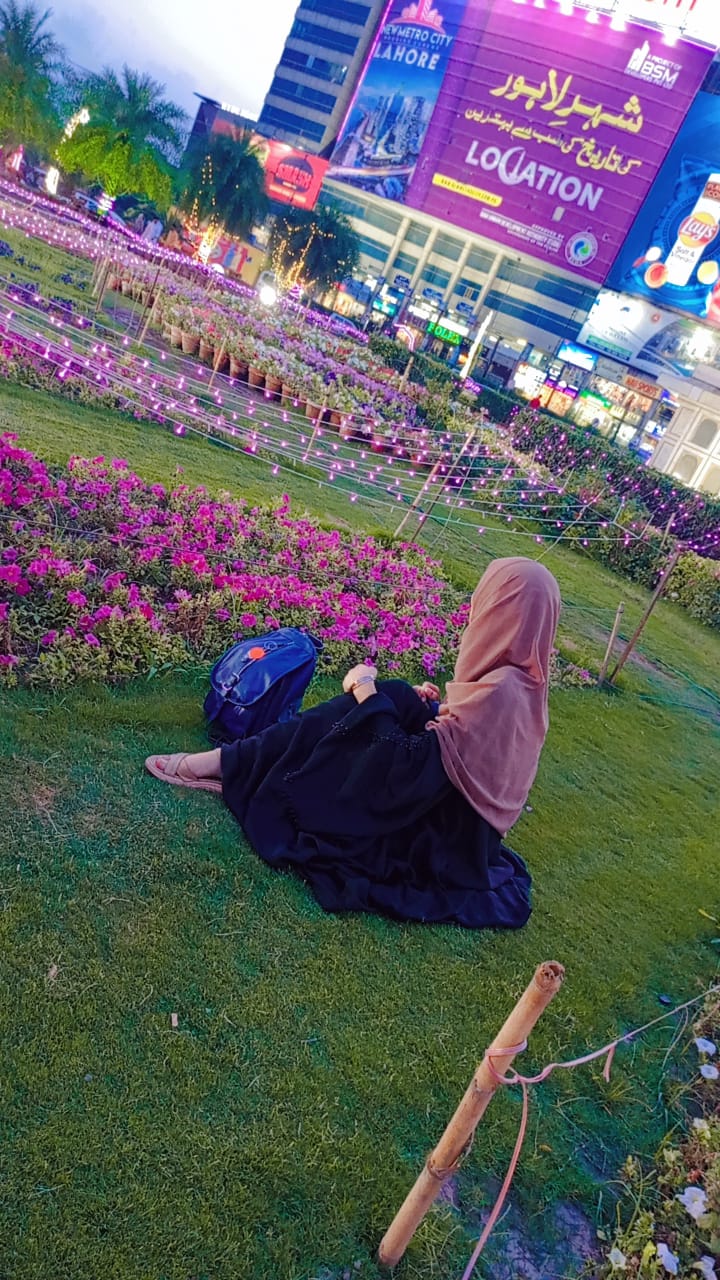
0 Comment
8 Views